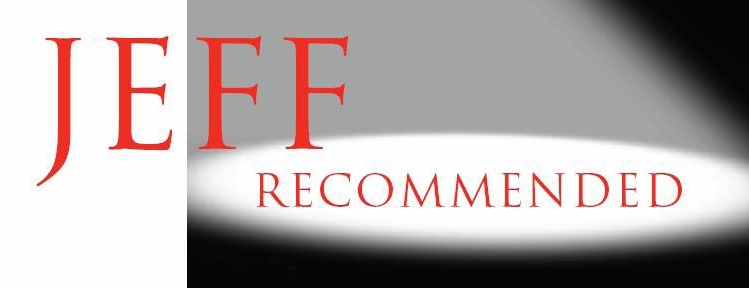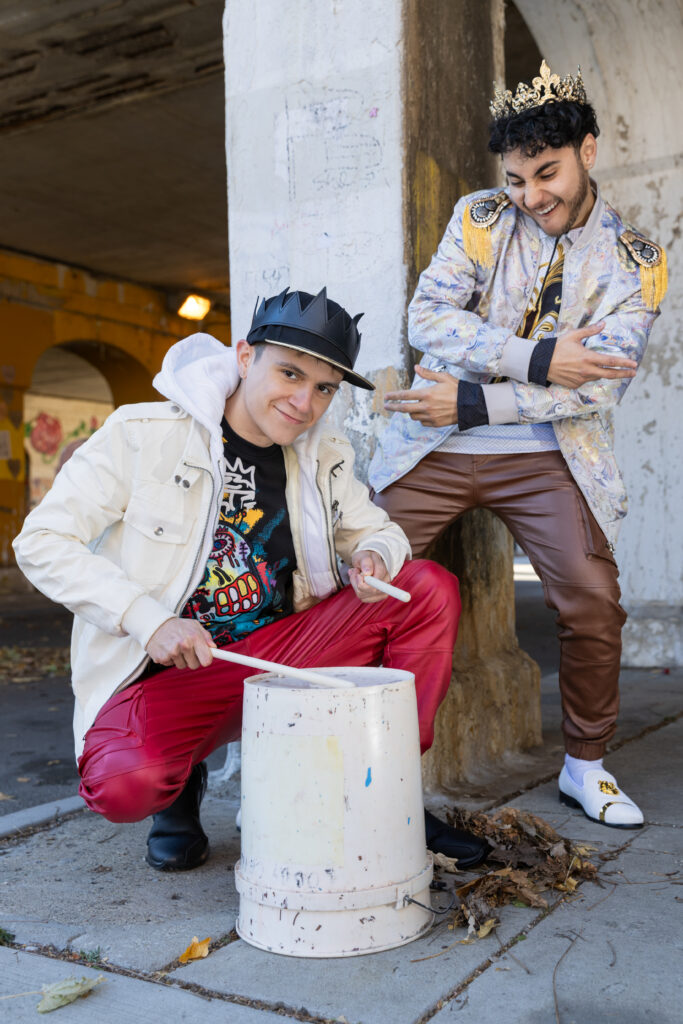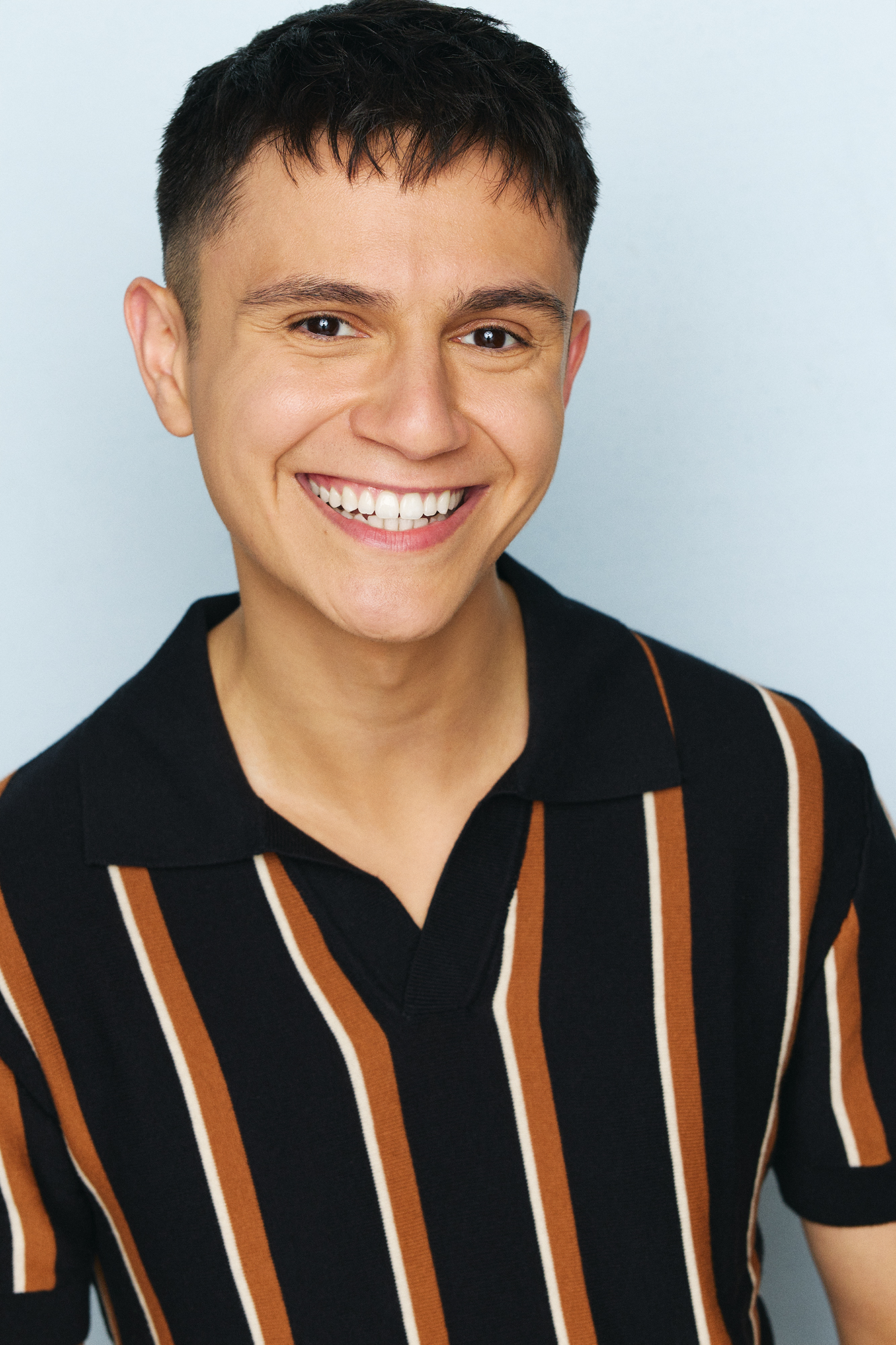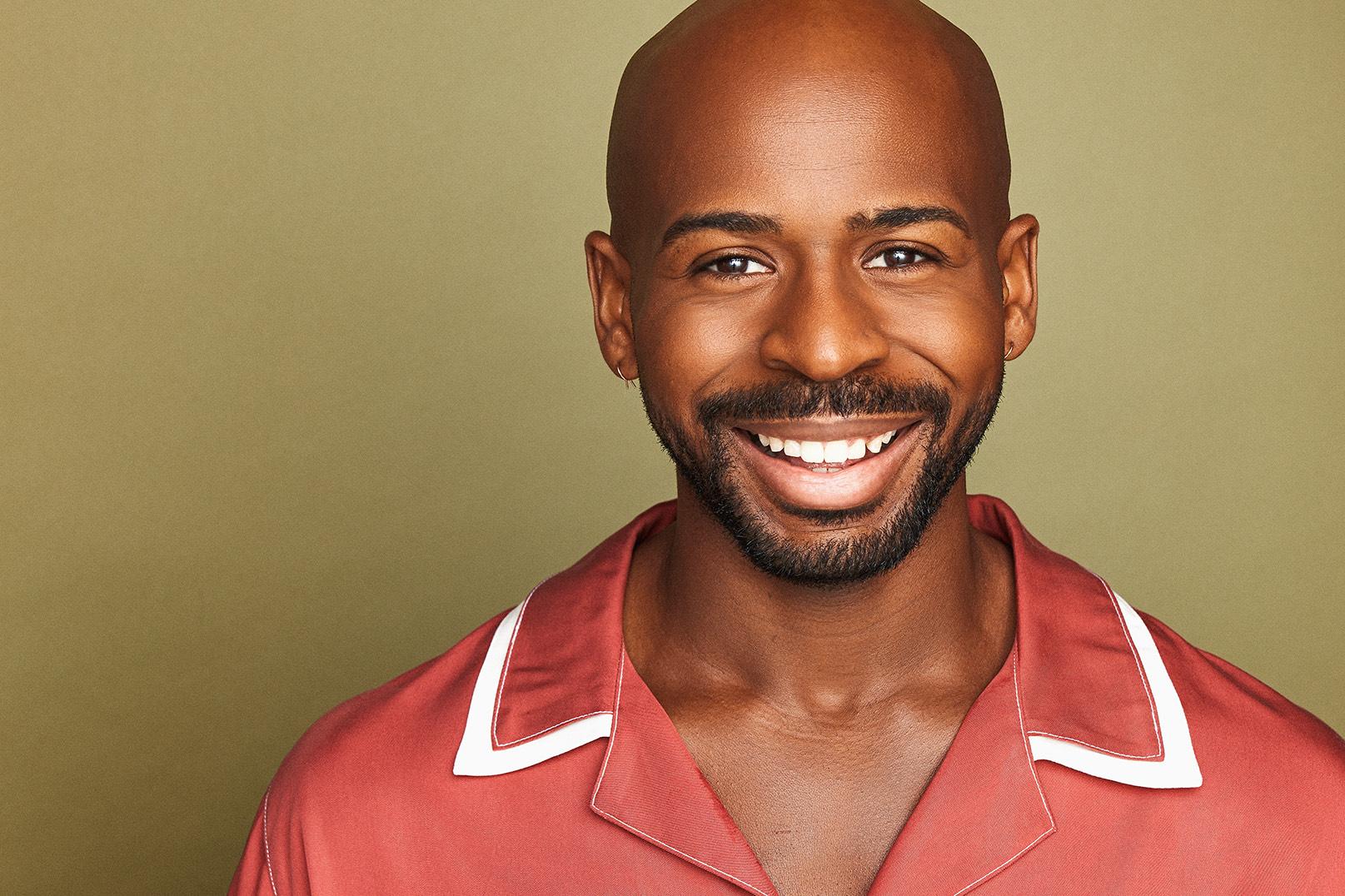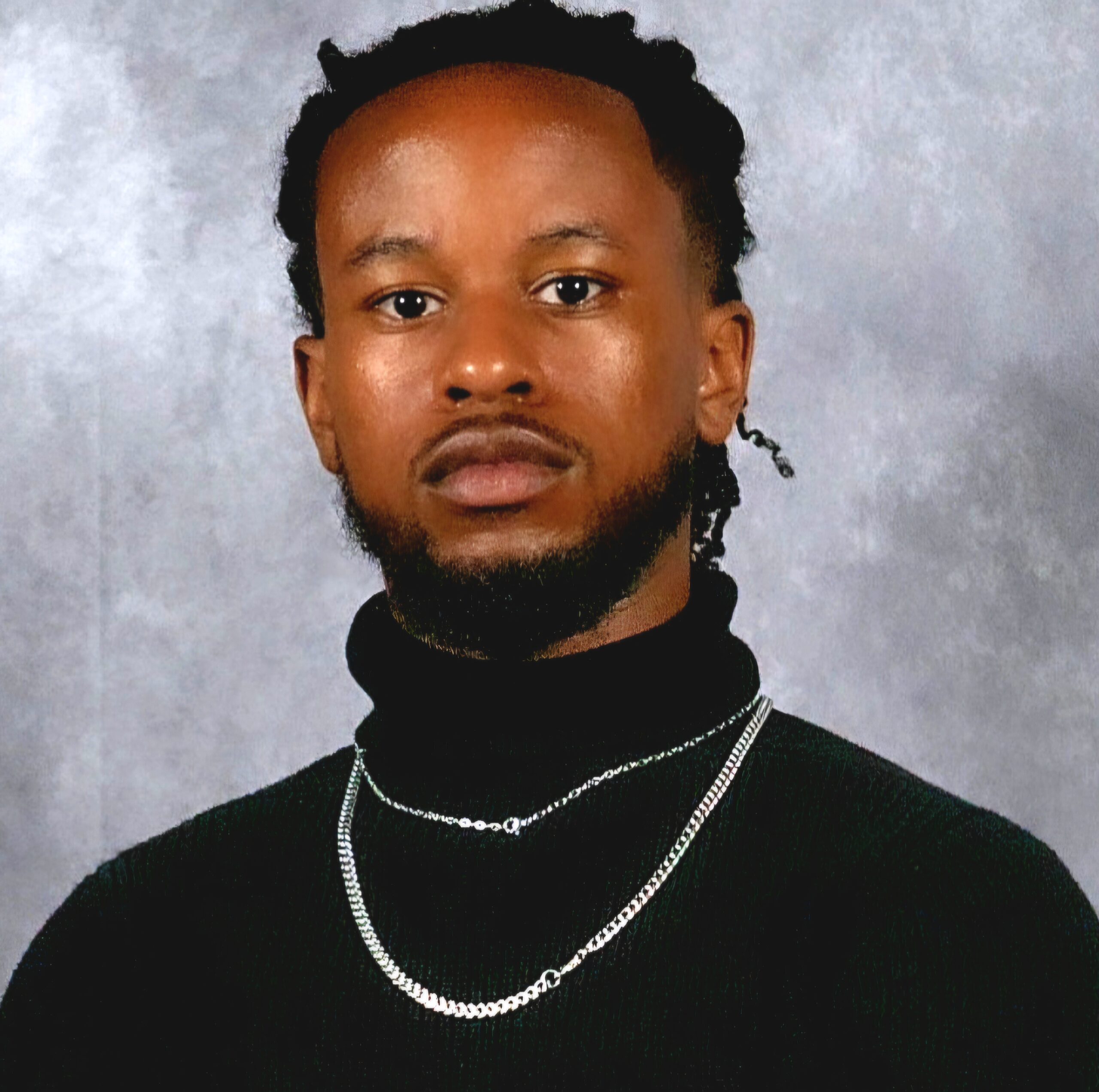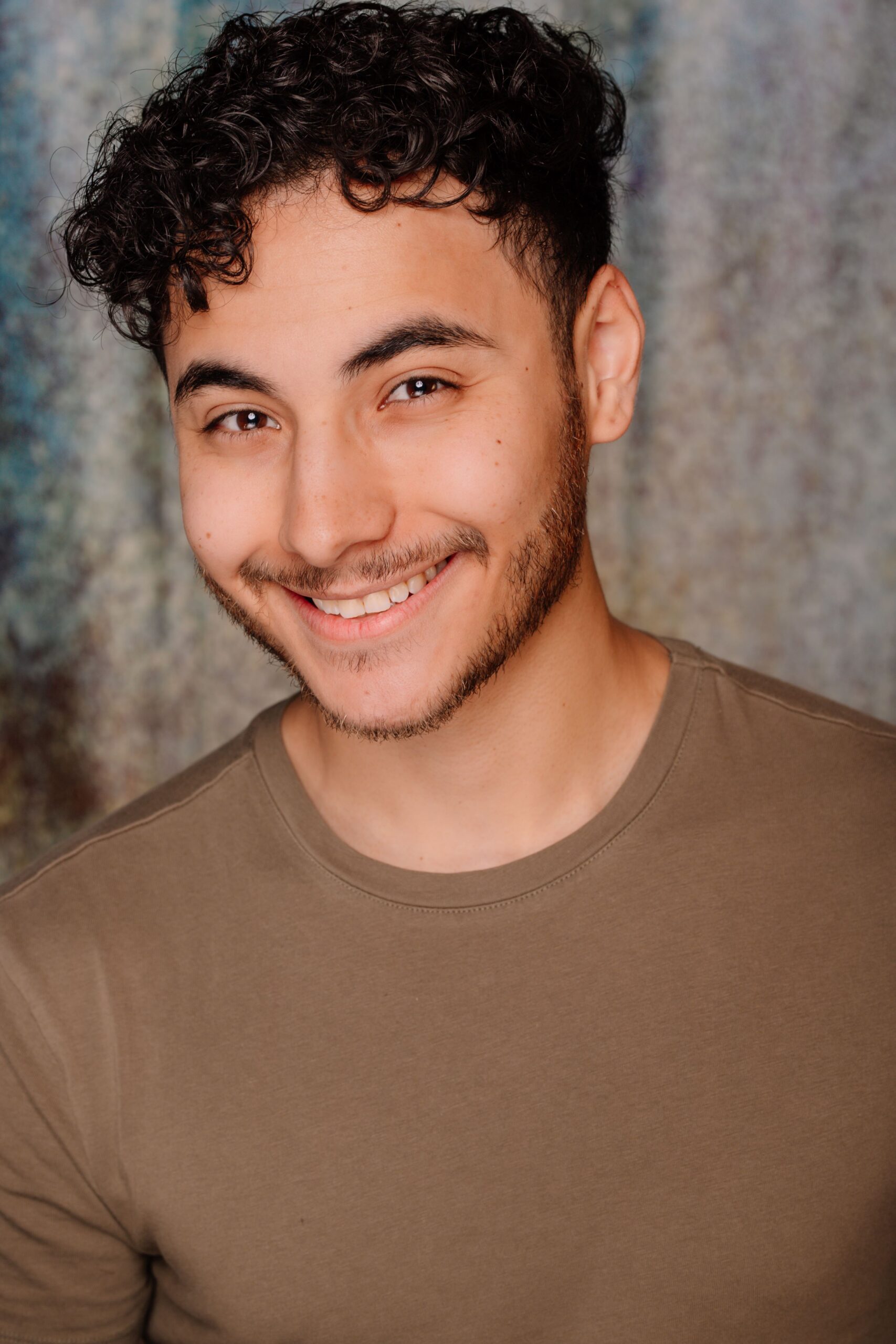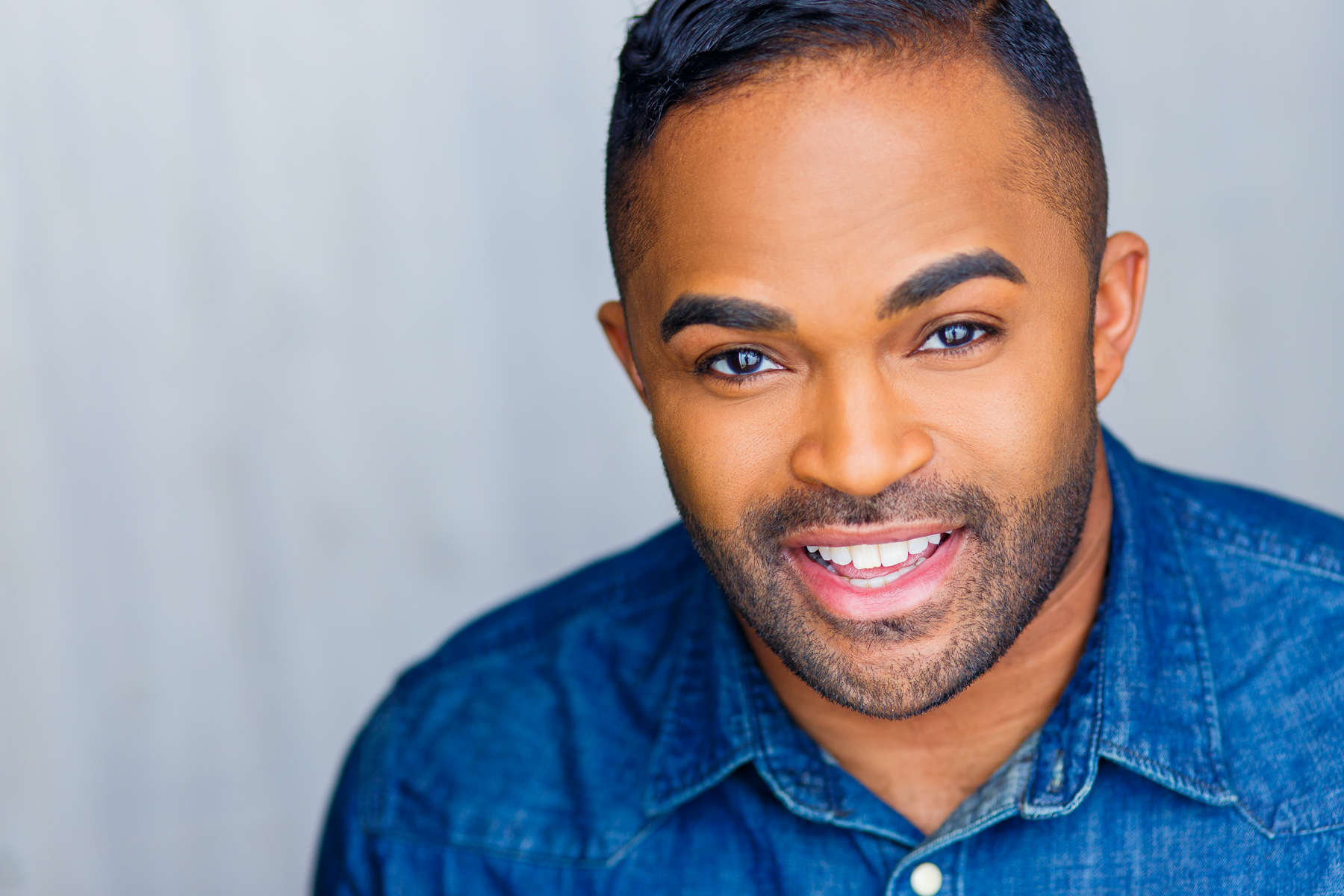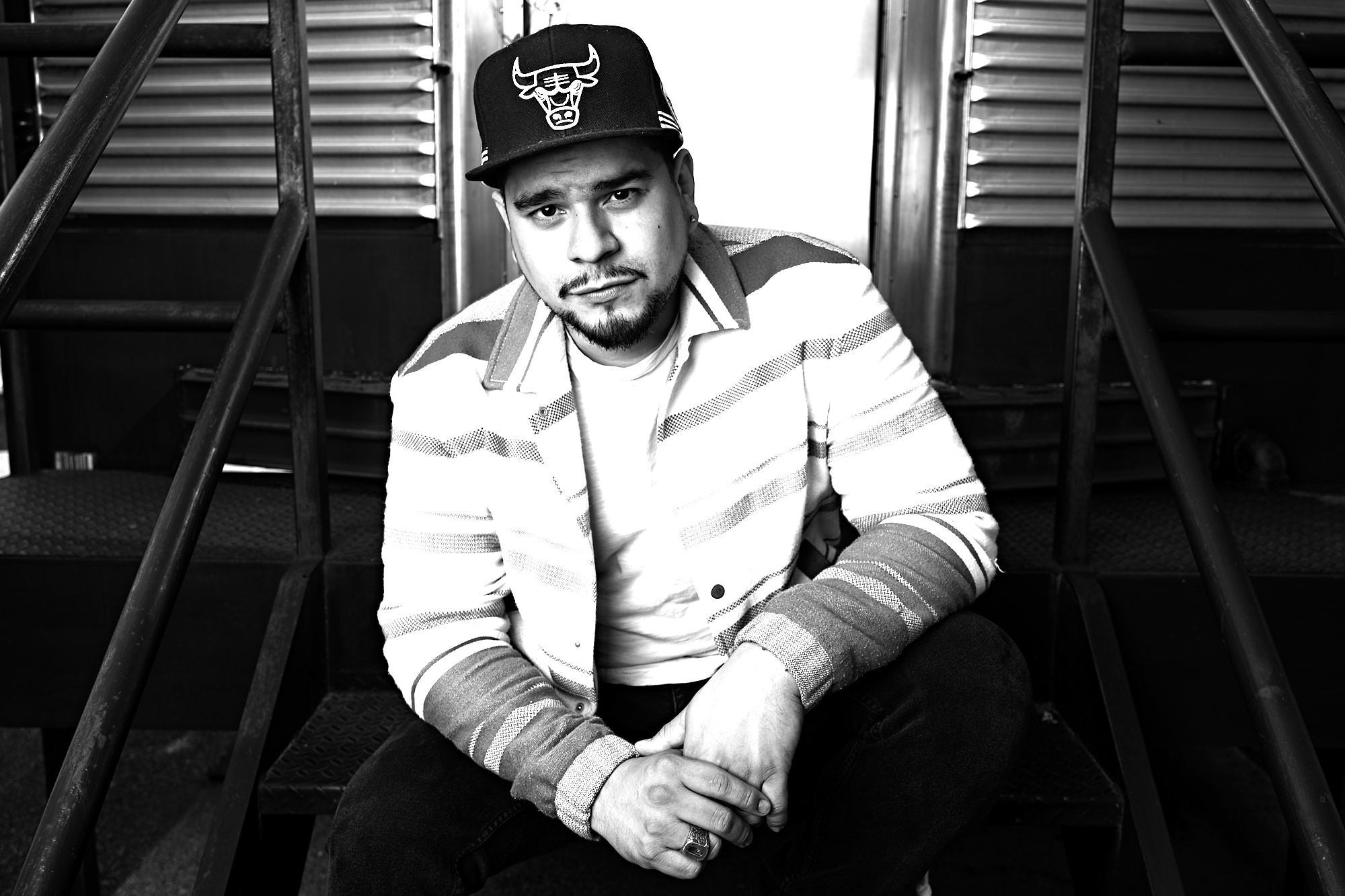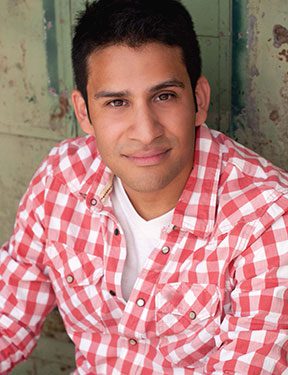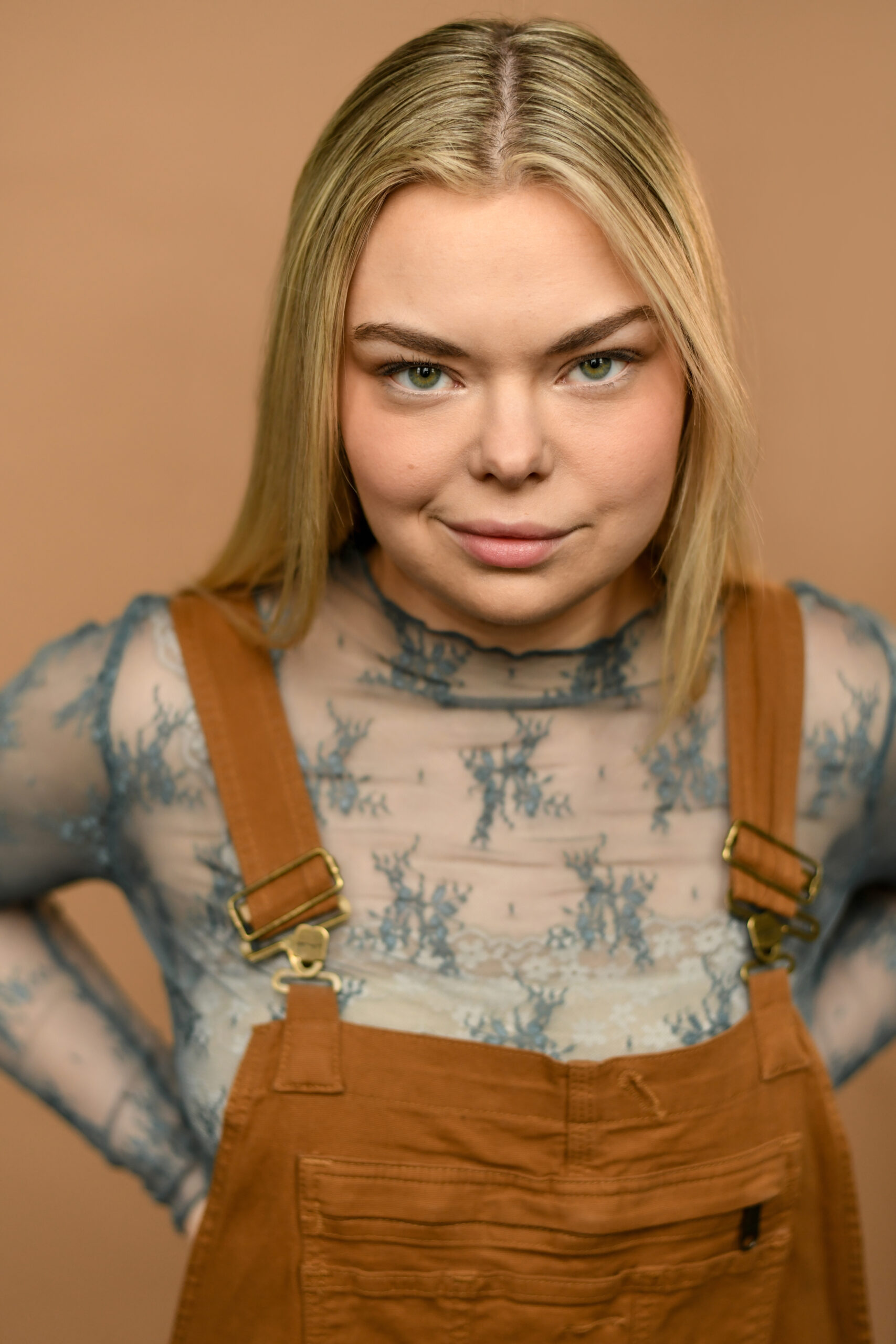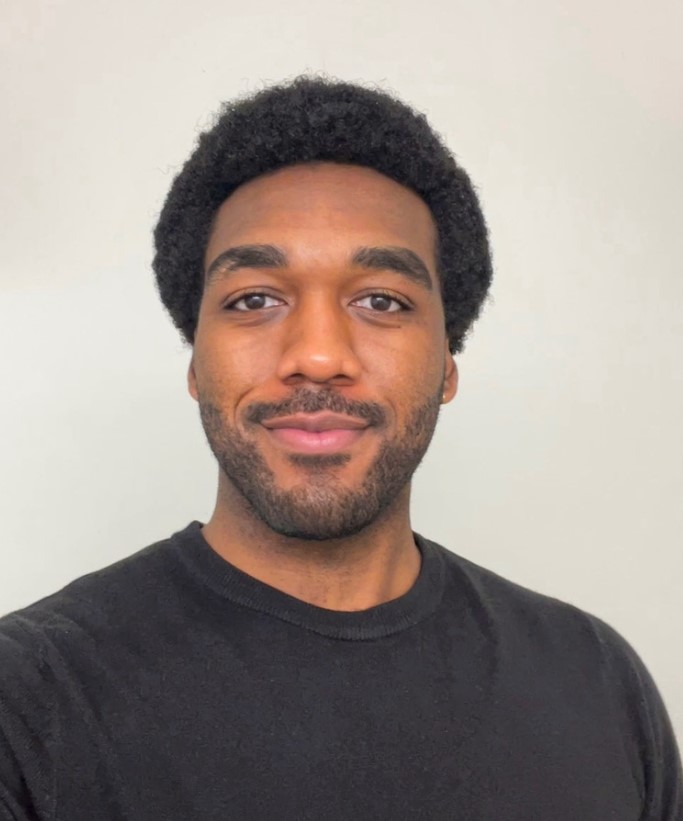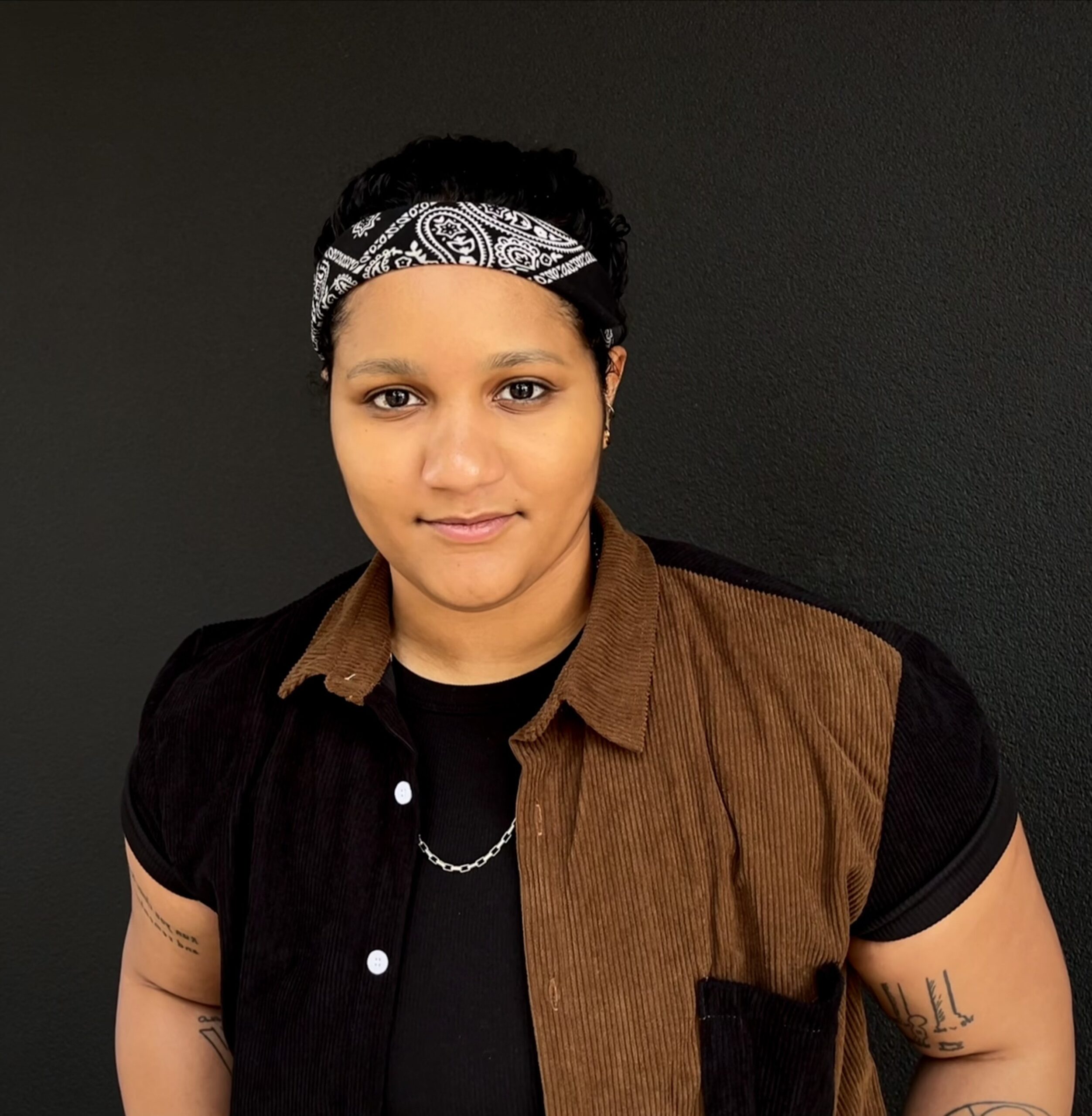From the Chicago Tribune
‘Kid Prince and Pablo’ by Lifeline Theatre adds hip hop score to a classic Twain tale
January 15, 2025
By Emily McClanathan
★★★
When Mark Twain wrote “The Prince and the Pauper” in the early 1880s, he set the story of mistaken identity and class consciousness more than three centuries earlier, in Tudor England. “Kid Prince and Pablo,” a new adaptation by Chicago’s own Quijada brothers, modernizes the setting and adds a hip-hop score while retaining the novel’s fablelike quality. Although some of the social themes don’t land perfectly, it’s still one of the most refreshingly original musicals I’ve seen lately.
Adapted by Brian Quijada with music by Marvin Quijada, the show debuted at the Kennedy Center in 2019 and now makes its Midwest premiere at Lifeline Theatre under the direction of Raquel Torre. Both of the Quijadas are multi-hyphenate artists who have written and starred in Jeff Award-winning productions at Teatro Vista in recent years: Brian’s “Somewhere Over the Border” in 2022 and Marvin’s “The Dream King” in 2023.
Their version of Twain transports the tale to an unnamed industrialized city, all steel beams and corrugated metal in Harrison Ornelas’ set design. In the opening number, three underground rappers (Bryan Nicholas Carter, Terrence Mayfield Jr. and Shaina Toledo) give a brief history lesson, punctuated by neon lights that cycle through the colors of the rainbow (lighting design by Brenden Marble). The narrators explain that they live in a monarchy established by a ruling class called “the Promised,” who colonized an already occupied territory and invited immigrants from far and wide to come build their land of opportunity.
But once the cities and railroads were built, the Promised found it inconvenient to share their country with such a melting pot of citizens, so they consolidated power by restricting access to education, employment and health care. The people rebelled, and the rulers violently crushed the protests and banned rap, hip-hop and “any music that does not conform to the national culture.”
Here’s where Pablo (Jesús Barajas) comes in. A young Spanish-speaking immigrant who recently joined his mother in the capital city, Pablo loves to read books and play the drums — or, rather, a bucket that stands in for a drum. With exaggerated facial expressions and an eager-to-please demeanor, Pablo comes across as a stock character at first, but as the show finds its rhythm, Barajas’ stylized acting fits right in with the folktale vibe.
We also meet Pablo’s counterpart in the palace: Prince Maximilian, who prefers to go by his secret rapper name, Kid Prince (Joshua Zambrano). In a spontaneous encounter between the two young men, Kid Prince is thrilled to discover that Pablo is a drummer and insists on performing some original raps to his beats. Zambrano’s Kid Prince is a comedic highlight from the start, clutching a small notebook as he overconfidently reads out some middling rhymes about his daily pampering regimen. In a costume designed by Jazmin Aurora Medina, his whole look is a mix of royal trimmings and street clothes that screams rich boy who wants to cosplay as a normie.
Soon, Pablo gives him that chance. When he realizes that they bear a physical resemblance, Kid Prince makes Pablo swap clothes with him and leaves the palace to taste the thrills of the underground music scene, setting up a classic scenario of mistaken identities. Newly dressed in finery, Pablo struggles to navigate royal customs, English slang and palace intrigue, much to the alarm of the prince’s righthand man (Mayfield). Meanwhile, Kid Prince hilariously gets schooled in his first attempt at a rap battle.
The Quijadas take the themes of inequality and class struggle further than Twain did, escalating the action to a new revolution by the people. As Kid Prince gets caught up in the social unrest, his eyes are opened to his own privilege and the conditions in which his subjects live. Pablo complicates this narrative of transformation by cautioning the prince that a few days spent walking in his shoes doesn’t change the facts of their respective positions. So far, so good, but I found the ending unsatisfying. The parallels between the show’s fictional country and the U.S. seem pretty clear throughout, but ultimately, Kid Prince and Pablo still live in a monarchy. Despite the prince’s change of heart, the finale doesn’t quite work out that contradiction.
Still, there is much to recommend about this show: it has a cool visual aesthetic, rapid-fire lyrics that pack a punch and a cast that pulls off a mix of situational humor and physical comedy. It’s worth noting that Lifeline intends the production for audiences ages 13 and up, unlike Twain’s book, which he wrote for young readers. So, don’t be put off if you associate “The Prince and the Pauper” with your school days; this revolution is for the grownups, too.
From the Daily Herald
Passion project: Love of hip-hop, commitment to social justice animates suburban siblings’ Mark Twain adaptation
January 15, 2025
By Barbara Vitello
★★★1/2
Asked for a word that describes Lifeline Theatre’s exuberant Midwest premiere of “Kid Prince and Pablo,” I would choose “impassioned.”
Subtitled a “digital age, American hip-hop play,” this fresh take on Mark Twain’s “The Prince and the Pauper” by theater artists Brian and Marvin Quijada reflects the suburban siblings’ love for all things hip-hop as well as their commitment to social justice.
The former is evidenced by the play’s propulsive beats, insistent grooves and sly, incisive rhymes. The latter is reflected in the characters’ pleas for equity and inclusion, dignity and respect.
Brian Quijada adapted Twain’s story and Marvin Quijada composed the score for the play, which was commissioned for young audiences and premiered in 2019 at the Kennedy Center. Unlike the original, which published reports indicate ran about 80 intermissionless minutes, Lifeline’s production runs about two hours (with intermission) suggesting the Quijada brothers expanded the tale.
An examination of privilege and power, resistance and rebellion, justice and inequality, “Kid Prince and Pablo” unfolds in the near future, in an unnamed country similar to our own, where socioeconomic divisions run deep and the culture war has moved beyond a metaphorical conflict.
The ruling elites live behind a 15-foot-high fence in a capitol city that resembles Washington, D.C. Outside the fence, an “omega race” of oppressed people composed of “all the crayons in a box” are confined to an urban wasteland where the bravest among them rap rebellion.
Having quashed one burgeoning revolution, the elites attempt to avoid another by outlawing all things hip-hop and arresting artists, sending nascent MCs underground where they speak their truth and hone their message while swelling their ranks.
The exposition comes courtesy of a hip-hop Greek chorus whose members — Samuel (Terrance Mayfield Jr.), Langhorne (Shaina Toledo) and Clemens (Bryan Nicholas Carter) — share the given name of the humorist known as Mark Twain.
“Speak out/Hold on, open up, dream/Let’s fight for our rights/so we can finally breathe” they rap to beats supplied by Pablo (the endearing, innocent Jesus Barajas). A part-time drummer boy and full-time sweetheart, Pablo is a recent immigrant struggling to learn English from his overworked mother (Toledo, who also plays an ailing queen and an insurgent MC).
On the other side of the fence, in his posh capitol digs, the queen’s son and heir Maximillion (Joshua Zambrano as the likable entitled goofball Kid Prince) spends his time crafting vacuous, self-aggrandizing rhymes instead of attending to the affairs of the state he will one day rule.
The young men meet after wannabe rapper Kid Prince hears Pablo play and orders the drummer brought to his room, where he proposes they swap identities so the prince can compete at an underground MC battle.
Pablo agrees, and soon finds himself in the middle of a coup by General Jackson (Carter), a military adviser eager to “exterminate” the latest crop of rebels.
Meanwhile, Kid Prince gets schooled by more experienced rappers Sparrow (Mayfield) and Rocket (Carter), who rhyme about health care, education and affordable housing and who shame the prince, saying “you got nothing to say that means something.” Caught up in a protest, Kid Prince lands in jail where he meets celebrated MC Francoise Jones (Toledo), who turned rebel after losing the family farm to medical debt.
While their experiences open both young men’s eyes, Kid Prince’s epiphany is more profound. Encouraged by Francoise, he learns to speak his truth. Chastened after living among the poor and dispossessed, he recognizes his complicity in his subjects’ oppression and apologizes to Pablo, whose cordial rejection and his subsequent admonition to “do better” makes for one of the play’s most eloquent, most guileless moments. Second only to the gentle plea for interdependence that concludes the play, “do better” is advice that bears repeating.
Sadly, that’s not true of everything in “Kid Prince and Pablo.” Take, for instance, the repeated calls for health care, jobs, quality education and affordable housing. While laudable, they get a bit repetitive. That also goes for a couple of supporting characters who are almost indistinguishable from each other. A few minor edits would resolve those minor problems while streamlining the narrative, which would likely play well at 90 minutes.
But those are minor points in a show that resonates even more today than it did five years ago.
Kudos to director Raquel Torre for her fresh, kinetic production that embraces hip-hop organically and without contrivance. Kasey Alfonso’s choreography, which briefly pairs 17th-century conventions with contemporary street dance, has style and wit. So do designer Jazmin Aurora Medina’s costumes. For the MCs and rebels, she adds splashes of primary colors (blue, red and green) to conventional black and gray streetwear, providing a stark contrast to the elites whose gold-embellished white jackets suggest neatly sanitized but ultimately colorless lives.
Complementing Harrison Ornelas’ grim, appropriately grungy set is lighting designer Brenden Marble’s vibrant, strategically placed neon: a brilliant illustration of the glorious light that pierces the darkness.
From Newcity Stage
Welcome to the Rebellion: A Review of “Kid Prince and Pablo” at Lifeline Theatre
January 17, 2025
By Tristan Bruns
RECOMMENDED
Lifeline Theatre’s “Kid Prince and Pablo” is a fresh and funky spin on Mark Twain’s “The Prince and the Pauper,” adapted by Brian Quijada, directed by Raquel Torre and with music composed by Marvin Quijada.
Joshua Zambrano is Prince Maximus, aka Kid Prince (it’s his “rap name”). He is the successor to the throne of a kingdom ruled by a racial autocracy that has deemed some art illegal (like hip-hop) and other art not (like ballet and classical music)—you might guess which race is top dog. Jesús Barajas plays Pablo, a Hispanic lad with a penchant for crafting beats, who defies the crown’s decree to beat a bucket on the street corner for tips. In a twist of fate, the Prince meets Pablo, and they swap identities so that the Prince can infiltrate the revolutionaries and experience real hip-hop. A turn of events sees revolutionary forces rising in opposition to the monarchy, and it’s up to the Prince to regain his throne before Pablo and the revolutionaries are brutalized following an attempted political coup—but is Pablo ready to give up the position?
The music style is reminiscent of 1990s-style rap, with a focus on sparse beats coupled with intricate rhythms and witty turns of phrase. The experienced rappers drop bars making fun of the Prince’s lame lyrics about mundane activities (like his morning routine), and how he begins each new phrase with a gauche “uh, yeah, yuh… .” Despite their chiding, the revolutionaries set the Prince straight, tightening and enlightening both his lyrical flow and awareness of the living conditions of his people.
Every character is upbeat and comedic, which is tempered by the metaphor of their living in intense poverty and under authoritarian rule. Barajas as Pablo is gentle yet expressive in the role of the shy outsider who uses his wits to narrowly escape detection by his supplicants. Zambrano is sufficiently insufferable as the Prince, which makes his epiphany moment all the more satisfying. The supporting ensemble—Bryan Nicholas Carter, Terrence Mayfield Jr. and Shaina Toledo—each pull triple duty playing other characters with panache, and they still have the energy to punctuate every other scene with song-and-dance numbers (choreography by Kasey Alfonso).
Scenic design by Harrison Ornelas recreates the sense of a grimy dystopian city, and the set’s vertical orientation makes it feel like the action is taking place atop or below a tall building. Lighting design by Brenden Marble makes good use of vertical and horizontal LEDs, their neon glow giving the nostalgic atmosphere of a future city qua Ridley Scott’s. Costume designer Jazmin Aurora Medina creates some wonderfully intricate outfits (although I can’t imagine what went through their head when they were told the style is a mix of medieval, cyberpunk, nineties hip-hop and “Les Misérables”).
Lifeline Theatre’s production of “Kid Prince and Pablo” is a worthy successor to Twain’s classic story, updated for modern times and modern tastes, with universal truths that are well-worn in prose but are worth repeating.
